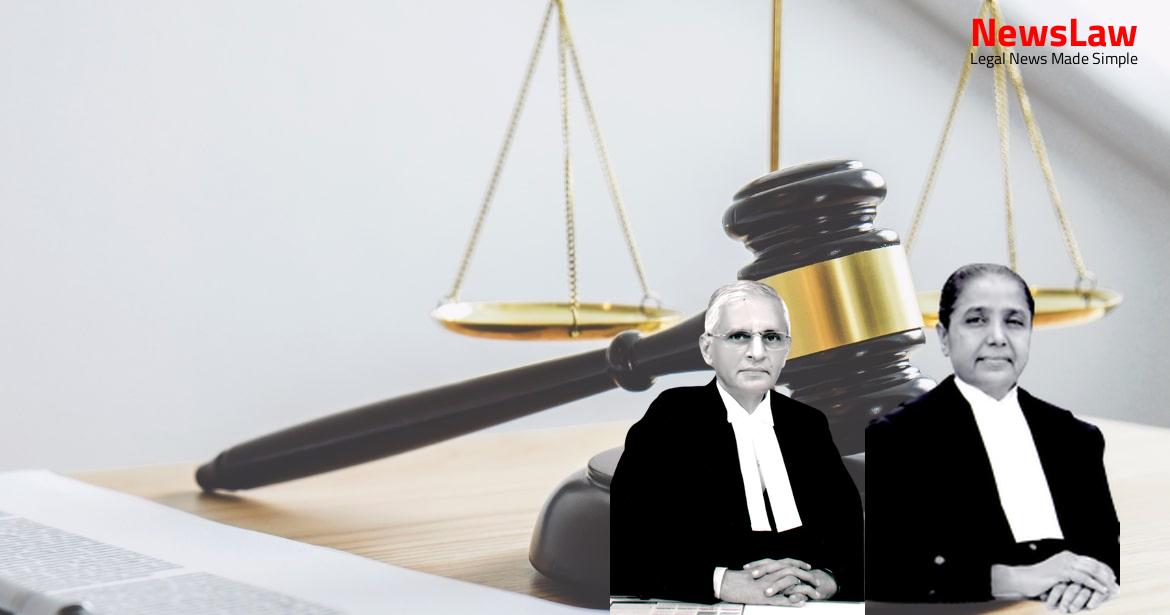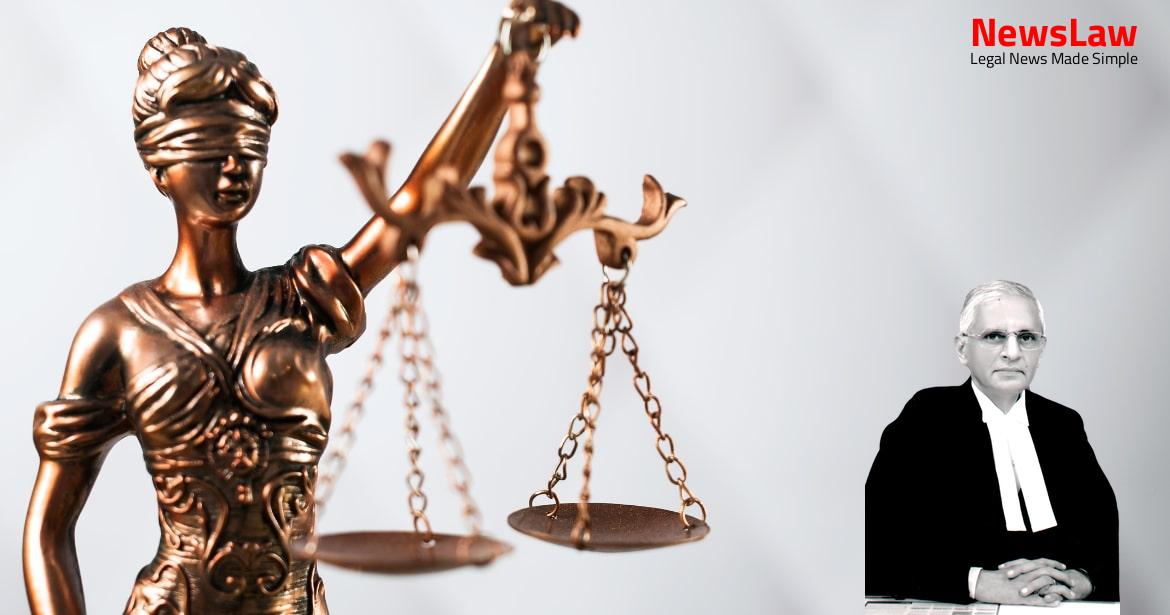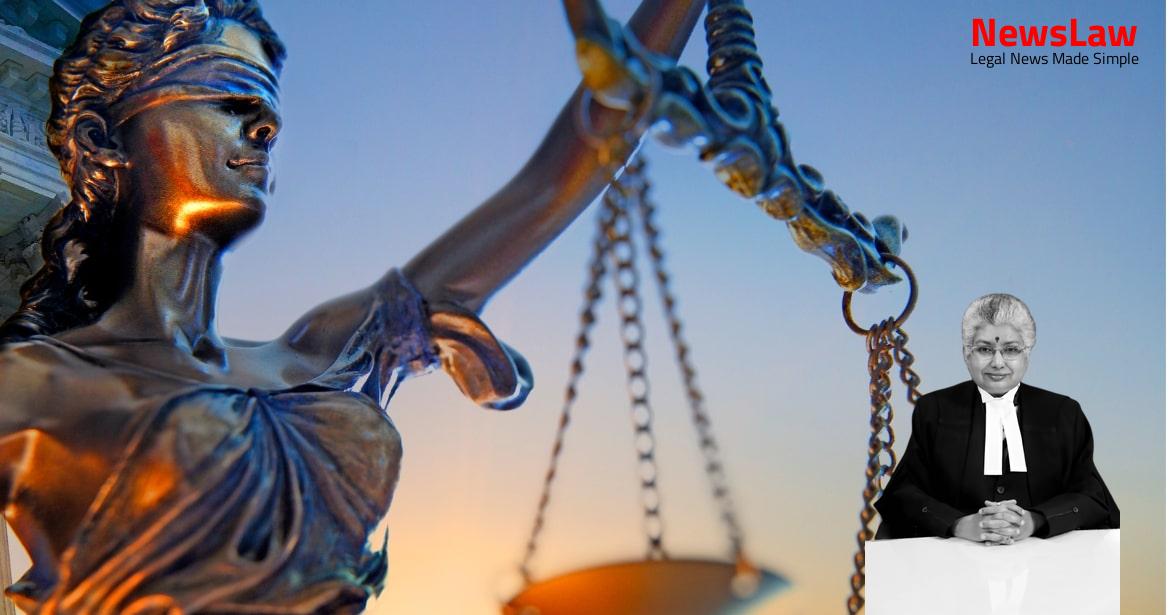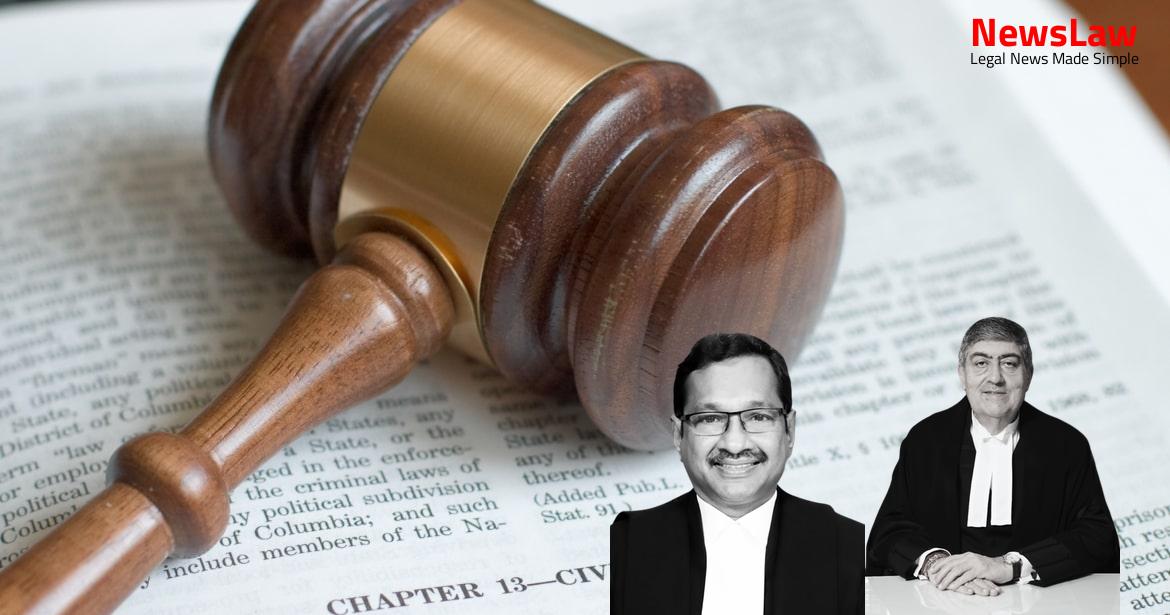The legal battle between University of Delhi and Delhi Development Authority over land use comes to a conclusion with a significant judgment by the Supreme Court of India. The case involved a writ petition challenging a construction project by M/s Young Builders on university campus land. The issue of public interest, historical significance, and zoning regulations were central to the dispute. Find out more about the court’s decision and its implications.
Facts
- University of Delhi filed a writ petition challenging the decision of Delhi Development Authority (DDA) allowing construction of a high-rise group housing society in the University campus
- Construction permission was granted to M/s Young Builders (P) Ltd. on a plot leased to Delhi Metro Rail Corporation (DMRC) without height restrictions
- Executive Council of the University considered a Committee report and the judgment of the Single Judge before making decisions
- Single Judge refused to entertain the writ petition citing delay and laches, acknowledging DDA’s authority over the Master Plan
- DDA obtained necessary approvals from various statutory authorities for the housing project
- Delay in filing the appeal was explained in detail, citing reasons such as non-convening of the Executive Council and non-availability of the Vice-Chancellor.
- The delay was also attributed to the vacant position of the Vice-Chancellor until a new one assumed office on 10.03.2016.
- Various University bodies and departments were involved in discussions and deliberations, leading to a further period of five to six months before a considered opinion could be generated.
- Accidents in December 2017 at Chhatra Marg necessitated a report by the Office of the Proctor recommending the area to be declared as accident-prone.
- Reports from the Equal Opportunity Cell and the Office of Proctor were sent to the Counsel for the appeal memorandum preparation.
- Legal opinion was sought, draft appeal and petition were prepared, and finalized after vetting by Senior Counsel.
- The finalized Appeal was then considered at the highest level at the University for a final decision, taking additional time.
- The Five-member Committee was established to recommend the course of action post the dismissal of the Writ Petition filed by the University in the DMRC matter.
- Accessibility concerns at the University’s Metro Station area were raised under the Rights of Persons with Disabilities Act, 2016, leading to further actions and referrals to the Executive Council.
- Individual and group representations were received and forwarded to the Equal Opportunity Cell for consideration.
Also Read: Solapur Municipal Corporation vs. Majarewadi Gram Panchayat Employees
Arguments
- The appellant-University contended that the proposed construction by M/s Young Builders on the land owned by the Ministry of Defence violates MPD-2021 and goes against public interest due to historical significance and proximity to educational institutions.
- The change in land use from public purpose to private commercial use was challenged as impermissible in law.
- Restrictions on developments for Metro Station and the impact on University accessibility were highlighted as concerns.
- DMRC justified the housing project as a revenue-generating initiative approved by the authorities.
- Legal precedent was cited to determine the delay based on the creation of parallel rights.
- The appellant argued that the delay should not hinder consideration of public interest issues raised in the case.
- The contention of laches and negligence in the delay was raised by the respondent, opposing condonation.
- The ownership of the land by the Union of India and financial investments made were emphasized to resist the challenge.
- The delay in filing the appeal and its impact on the public institution and revenue generation were major considerations.
- The principles of ‘sufficient cause’ for condonation of delay were debated with reference to legal precedents and public interest.
- The significance of protecting heritage buildings and maintaining zoning regulations within the University Campus was emphasized.
- The argument against condonation of delay based on laches and prejudicial impact on the housing project was presented by the respondent.
- The impact on hostel residents’ privacy due to high-rise construction was highlighted as a key concern.
- The vacancy in the office of Vice-Chancellor was contested as a valid reason for the delay in filing the LPA.
- The potential negative precedent of interfering with established projects due to belated challenges was pointed out.
- The argument that public interest issues should not be defeated by technical objections was advocated by the intervenors.
- DMRC’s claim of financial loss cannot be accepted without proper consideration in appropriate proceedings
- The High Court should have condoned the delay and considered the matter on its merits
- Respondent’s counsel supported the contentions raised by the respondents
- Counsel for the appellant argued that the writ petition delay was not due to negligence as it was filed after certain disputes had been resolved
- The delay and laches in filing the writ petition was explained by the appellant’s counsel
Analysis
- The judiciary should focus on removing injustice rather than legalizing it on technical grounds.
- A liberal approach is generally taken in the matter of condonation of delay.
- The accrued right of the opposite party should be considered in condonation of delay and laches.
- Condonation should not be automatic, especially in cases of long delays without reasonable explanation.
- The ‘State’ seeking condonation should not be treated differently, and the law of limitation binds everyone.
- Government bodies should perform their duties diligently and not rely on condonation of delay as an anticipated benefit.
- The law should be administered even-handedly, without favoring any party based on status.
- Every day’s delay must be explained, but not with a pedantic approach.
- Delays caused by bureaucratic red tape or impersonal machinery should not be easily approved.
- The overall approach should be justice-oriented, preferring substantial justice over technicalities.
- Even in cases where public interest is cited, diligent action and reasonable causes for delay should be present.
- The courts should have an adequately elastic interpretation of the law to serve the ends of justice
- The purpose of the existence of courts is to serve justice
- The court has been adopting a liberal approach in cases brought before it
- Inordinate delay in proceeding with the matter by the appellant was considered.
- Condoning the delay would be contrary to public interest.
- The writ petition was held to be impacted by delay and laches.
- The decision to dismiss the LPA due to a delay of 916 days was deemed justified.
- The orders of the learned Single Judge and the Division Bench stand as they do not require interference.
Also Read: Jagdishchandra v. Joint Charity Commissioner & Ors.
Decision
- All pending applications disposed of
- Delay condoned
- Matter remitted to the High Court
- High Court ordered to dispose of the appeal on merits after hearing both sides
- Order of the High Court dismissing appeal as time-barred set aside
Case Title: UNIVERSITY OF DELHI Vs. UNION OF INDIA
Case Number: C.A. No.-009488-009489 / 2019



